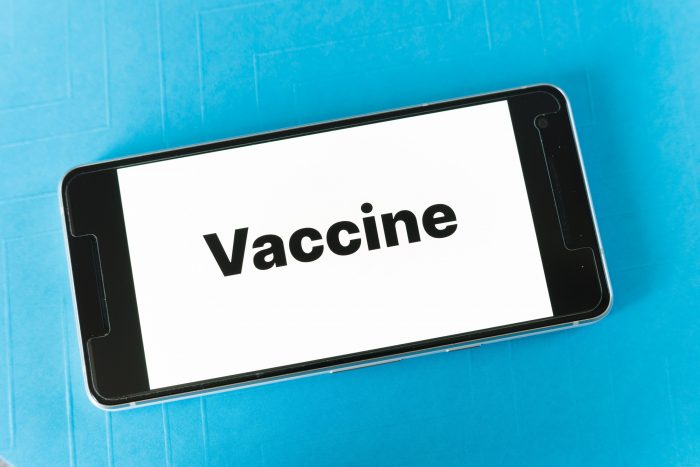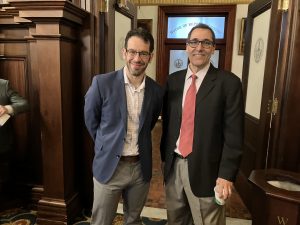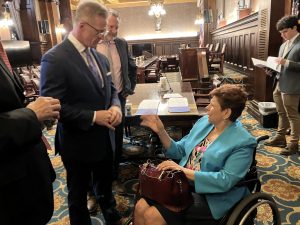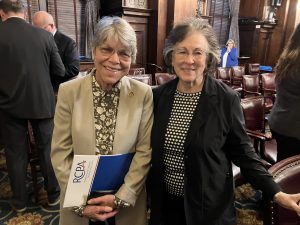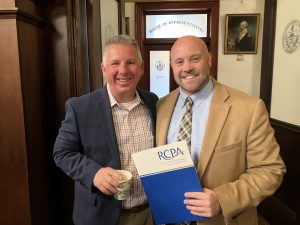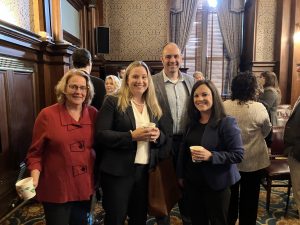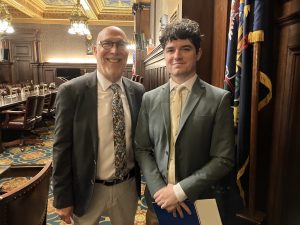Join RCPA as we host the 2023 Annual Conference, A Decade of Unity: Enhancing Lives and Shaping the Future, October 10–13. RCPA staff and the Conference Committee are excited to return to the Hershey Lodge, as we have new opportunities for sponsors and exhibitors to showcase their services! Be sure to complete the Sponsors, Exhibitors, and Advertisers brochure to reserve your spot, as space and opportunities are reserved on a first-come, first-served basis.
We already have a growing number of sponsors and exhibitors and wish to recognize the following organizations for their contributions and support for what is shaping up to be a packed week of sessions and events!
Platinum
Silver Bronze
Bronze
 Supporting
Supporting
Patron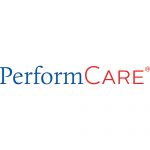 Exhibitors
Exhibitors
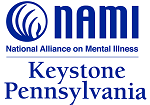 |
 |
||
As a reminder, sponsors, exhibitors, and advertisers who wish to be listed on the website, the mobile app, and in the conference program must submit all materials by September 8. In order to be considered for booth self-selection, a completed contract with payment must be submitted, and no reservation is considered complete without payment. If questions remain, please contact Carol Ferenz, Conference Coordinator.












